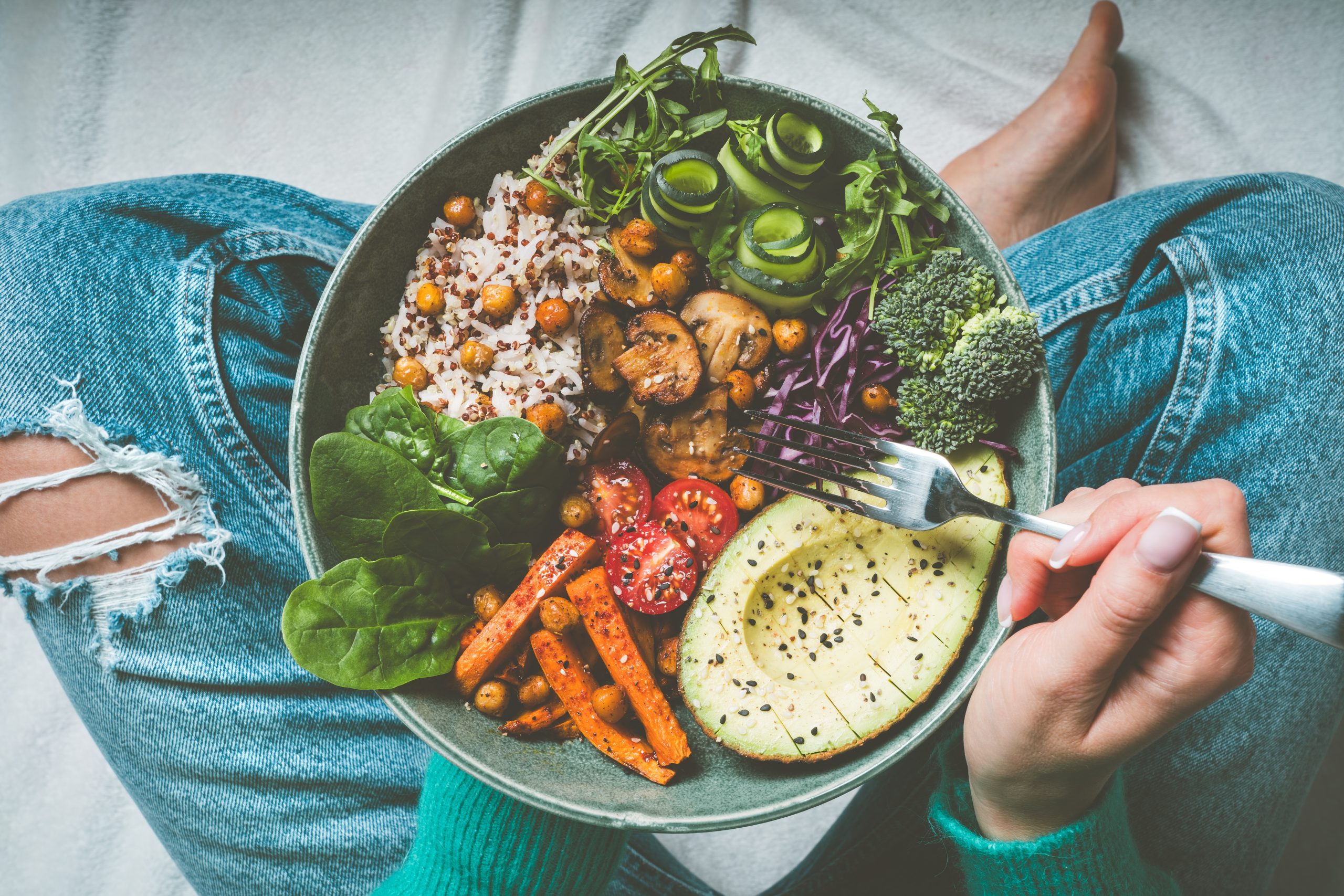Watching the Olympics this summer got me thinking about how athletes maintain the perfect balance of training, resting, and fueling to perform at their best.
In my years of teaching yoga and strength training, I’ve noticed a common challenge: many women struggle to see food as fuel. Instead, they often relate to it as something to approach with caution.
Understanding Calories as Energy
At its core, a calorie is simply a unit of energy. This means it’s a measure of how much energy specific foods provide to your body. Even during relaxing activities like binge-watching your favorite show, your body requires about 1,300 calories a day to perform basic metabolic functions. Engaging in more active tasks like housework, gardening, or exercising can increase that requirement to over 2,000 calories.
When I discuss proper fueling with my strength-training clients, especially those over 50, many consistently underestimate their activity levels, leading to insufficient caloric intake.
For example, the average woman, standing at approximately 5’4" and weighing around 170 lbs, would need more than 1,800 calories per day if she is "lightly active," while a "moderately active" woman in the same group would burn around 2,055 calories daily.

Societal Influences on Food Perception
In our culture, it’s easy to develop a distorted relationship with food. This often stems from seeing fashion models who are significantly taller (averaging between 5’9" and 6’0") and much lighter, usually weighing between 110-130 lbs. Such comparisons can create unrealistic beauty standards.
Topics discussed in my yoga teacher training encompass issues like unrealistic beauty standards, the policing of women’s bodies, and the prevalence of fad diets. In a society that often equates thinness with worthiness, restrictive eating habits become all too common.
When chronically underfueled, women may experience sluggishness—both mentally and physically. Furthermore, underfueling can negatively impact metabolism, sleep quality, mood, and immune function.
Essential Factors for Proper Fueling
Here are several critical considerations for effectively fueling your body:
-
Resting Metabolic Rate (RMR): RMR refers to the energy required for basic functions like breathing, blood circulation, and cellular repair. It can account for up to 75% of total daily calorie expenditure. Thus, the majority of your caloric intake is utilized simply to sustain life when you’re at rest.
-
Non-Exercise Activity Thermogenesis (NEAT): NEAT encompasses the calories burned from daily activities like washing dishes or fidgeting. This varies greatly depending on one’s lifestyle and occupation; for instance, a restaurant server will burn significantly more calories compared to someone in an office setting.
-
Thermic Effect of Food (TEF): This term describes the calories burned during the processes of chewing, digesting, and storing food. Different macronutrients have varying TEF values, with protein requiring the most energy to process.
- Calories Burned During Exercise: The calories you burn during workouts can vary based on the exercise’s intensity and duration. For example, a strength training session might necessitate an additional 10-20% in caloric intake, equating to roughly 200-400 extra calories for the average 170 lbs woman. Inadequate caloric intake while strength training can lead to muscle loss rather than gain.
For more guidance on assessing your activity level and exercise intensity, check out resources like Light, Moderate, and Vigorous Activity and Examples of Physical Activity by Intensity. Additionally, use this calorie calculator to determine your daily caloric needs; you might discover you require more calories than you initially thought!
Embracing Food as Vitality
It’s time to view food as a source of energy and vitality rather than something to be feared or restricted. Chronic underfueling can lead to adverse effects on both mental and physical health. By recognizing the factors influencing your caloric needs, you can effectively nourish your body and support your lifestyle.
Do you feel your food intake adequately supports your daily activity level? – Karin
Discover more from Marki Mugan
Subscribe to get the latest posts sent to your email.








